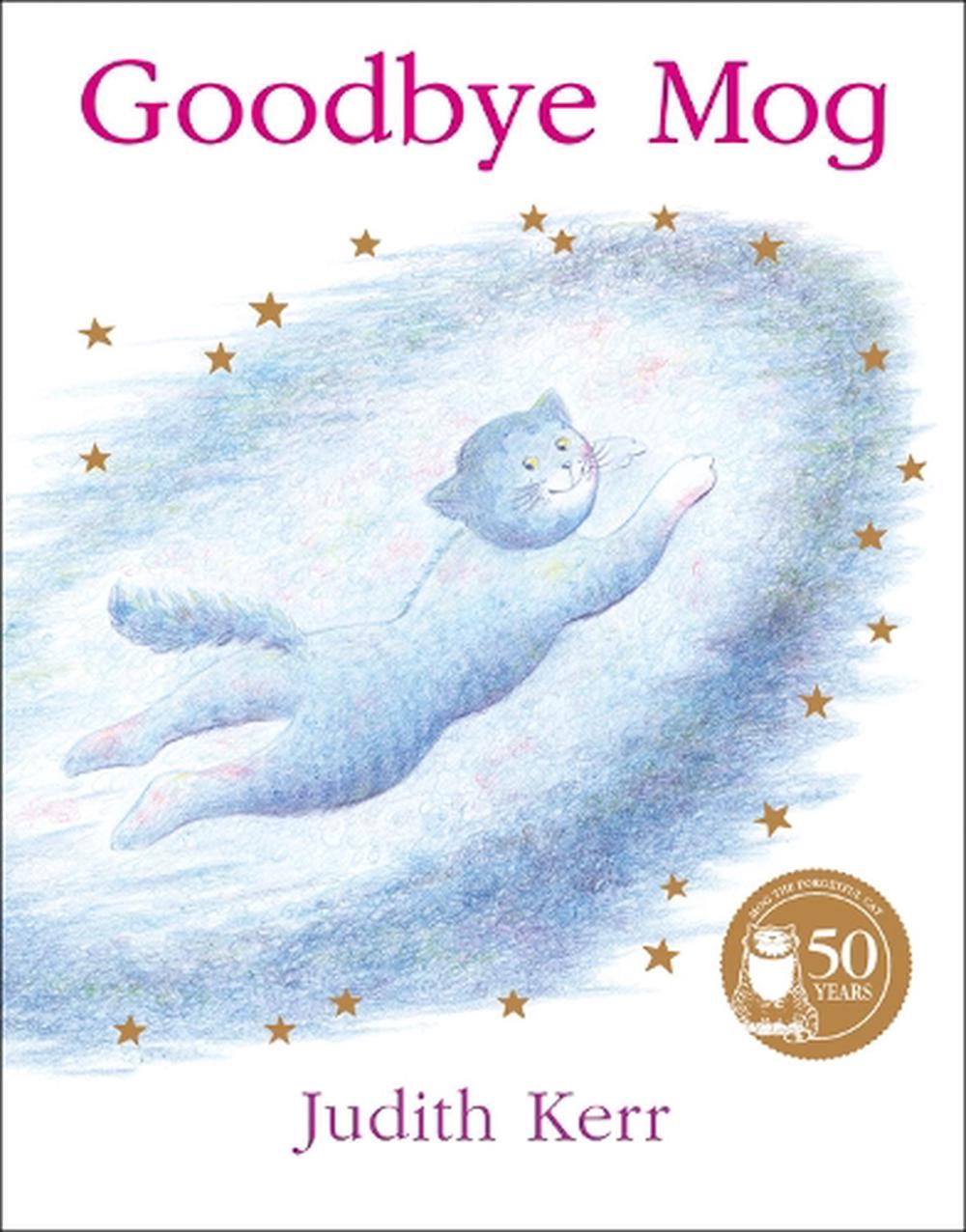The amount of times I've had bus drivers not able to wait 2 seconds for me to pass the bus stop, and then pull in, almost pushing me into the kerb. I really need to get a helmet cam. Black cab drivers can be bad offenders too.
https://en.m.wikipedia.org/w/index.php?title=The_Landlord%27s_Game
The irony, right?
I bought Anti-Monopoly for my nephew, which is actually lot of fun. My nephew plays as the monopolist because of the higher rents you get, yet I always beat him as a Competitor (he wipes the floor with me in normal Monopoly though).
Joke's on you, I still use Paint Shop Pro 7.
The one and only time I tried to use kdenlive, it blackscreened my PC and when I booted back up, my Linux Mint showed in the boot menu as just Ubuntu. I went right back to Openshot.
See my post to the reply above yours :)
Sorry, I forgot to put the last paragraph as a quote.
https://en.m.wikipedia.org/wiki/Eth#Old_English
~~https://www.youtube.com/watch?v=IwvbNppHZkg~~
Dang, the creator put a paywall on it.
It's the same with the letter f, from what I remember it was pronounced as an f or a v, depending on what letters are before and after it, similar to lenition in Irish, or s being pronounced as both s and z in Romance languages depending on what's around it.
Here we go
https://oldenglish.info/advpronunciationguide.html
Specifically þ and ð:
þ and ð are digraphs. This means they represent the same sound, much like the modern 'th' can be voiced (in words like 'this' and 'that') or unvoiced (in words like 'thick' or 'through'). The general rule of thumb is that þ comes at the start of a word and ð comes in the middle or at the end. However, you will often see them used interchangeably, with the same word appearing on the same page spelled with both ð forms and þ forms. You can even see words like 'oþþe' spelled 'oþðe' or 'oððe' so don't overthink it.
Wasn't that a misconception and they both make either of those sounds?
In Old English, ⟨ð⟩ (called ðæt) was used interchangeably with ⟨þ⟩ to represent the Old English dental fricative phoneme /θ/ or its allophone /ð/, which exist in modern English phonology as the voiceless and voiced dental fricatives both now spelled ⟨th⟩.
That. Is. A. Disgrace!
Beautiful. Looks like Reform split the right wing vote and cost her the seat. Even more beautiful!
Now I need to look up if Badenoch lost hers too.
Edit: dang.

Nah, not necessarily. I'm 40 and meant to be doing prep study for the Cytech exam and I've watched a grand total of one tutorial video, but I've put in almost 100 hours on Euro Truck Sim 2.